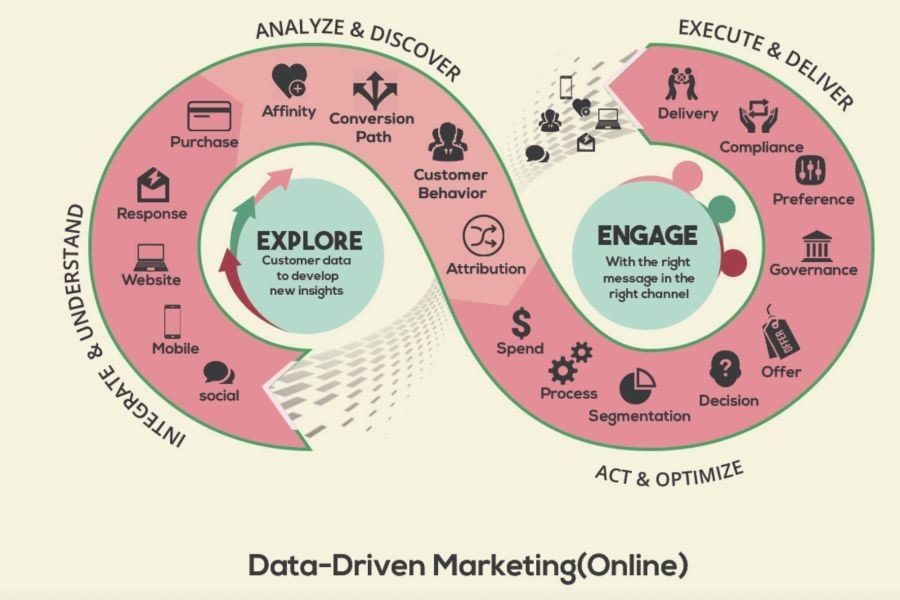In the dynamic landscape of New Zealand's real estate market, securing the best mortgage deal can be a daunting task. The complexity of loan structures, ever-changing interest rates, and stringent lending criteria make it essential for investors and homebuyers to seek professional guidance. This is where mortgage brokers play a crucial role. Unlike banks, which offer only their products, mortgage brokers have access to a wide range of loan options from various lenders. Their expertise not only simplifies the process but also ensures that you secure the best terms possible. This article delves into how mortgage brokers operate, the pros and cons of using their services, and how they can be a significant asset in navigating New Zealand’s unique financial landscape.
How It Works: A Deep Dive into Mortgage Brokering in New Zealand
Mortgage brokers in New Zealand act as intermediaries between borrowers and lenders. They do not lend money directly but rather facilitate the loan process by offering a range of products from multiple lenders. According to the Mortgage Brokers Association of New Zealand, these professionals have access to over 30 different lenders, including major banks, finance companies, and private lenders. This wide net allows them to tailor loan products to fit the specific needs and financial situations of their clients.
When you approach a mortgage broker, they start by assessing your financial situation, including income, credit score, and any existing debts. Based on this assessment, they recommend loan options that suit your profile. They handle the paperwork, negotiate with lenders, and ensure that you meet all the requirements, thus alleviating much of the stress and complexity involved in securing a mortgage.
Pros & Cons Evaluation
Pros of Using a Mortgage Broker
- Access to a Wide Range of Products: Mortgage brokers can offer products from multiple lenders, providing more choices than a single bank.
- Expertise and Guidance: With their knowledge of the lending landscape, brokers can provide invaluable advice tailored to your financial situation.
- Time and Stress Saver: Brokers handle the legwork, from paperwork to negotiations, ensuring a smoother process for you.
- Potential for Better Rates: Brokers often have access to exclusive deals and can negotiate better terms due to their relationships with lenders.
Cons of Using a Mortgage Broker
- Fees: Some brokers charge fees for their services, which can add to the overall cost of securing a mortgage.
- Reliance on Broker's Advice: You depend heavily on the broker's expertise, which means a poor choice could cost you.
- Potential Conflicts of Interest: Some brokers may favor lenders who offer them higher commissions.
Case Study: Navigating New Zealand’s Mortgage Market
Let's consider the case of Sarah, a first-time homebuyer in Auckland. With the city's property prices soaring—up by 27% since 2024 according to Stats NZ—finding an affordable mortgage was crucial. Sarah approached a local mortgage broker who assessed her financial situation and identified a lender offering a competitive interest rate. The broker's expertise not only secured Sarah a favorable loan but also saved her countless hours of research and paperwork. This case highlights the broker's role in simplifying the home-buying process and ensuring the best financial outcome for clients.
Common Myths & Mistakes
Myth vs. Reality
- Myth: "You can only get the best rates by going directly to the bank."
- Reality: Many mortgage brokers have access to exclusive deals and can often secure better rates than those advertised by banks.
- Myth: "All mortgage brokers charge high fees."
- Reality: While some brokers charge for their services, many are compensated by the lender, making their services free for borrowers.
Common Mistakes to Avoid
- Not Comparing Options: Failing to shop around can result in missing out on better deals.
- Ignoring Long-Term Costs: Focusing solely on interest rates without considering fees and conditions can be costly.
- Overlooking Broker's Reputation: Not researching a broker's track record can lead to poor advice.
Future Trends & Predictions
As New Zealand's real estate market evolves, mortgage brokers will play an increasingly pivotal role. The Reserve Bank of New Zealand's tightening of lending criteria is expected to make securing mortgages more challenging, emphasizing the need for broker expertise. Additionally, as digital tools become more integrated into the financial sector, brokers who leverage technology to streamline processes will likely have a competitive edge. By 2028, it is anticipated that over 50% of mortgage applications will be facilitated through digital platforms, revolutionizing the industry.
Conclusion
The complexities of New Zealand’s mortgage market make the expertise of mortgage brokers invaluable. By providing access to a wide range of products and guiding borrowers through the intricacies of securing a loan, they help ensure the best possible financial outcomes. As the market continues to evolve, the role of mortgage brokers will become even more critical. Whether you are a first-time buyer or a seasoned investor, partnering with a knowledgeable mortgage broker can significantly enhance your chances of securing the best loan deal. If you have insights or experiences to share, we encourage you to join the discussion below!
People Also Ask (FAQ)
- How can mortgage brokers benefit investors in New Zealand? Mortgage brokers offer access to a broader range of loan products and can negotiate better terms, enhancing investment opportunities.
- What should I consider when choosing a mortgage broker? Look for brokers with a solid track record, transparent fee structures, and a strong network of lenders.
- Are mortgage brokers regulated in New Zealand? Yes, they are regulated by the Financial Markets Authority (FMA) to ensure fair practices.
Related Search Queries
- Best mortgage brokers in New Zealand
- How to find a mortgage broker in Auckland
- Mortgage broker fees in New Zealand
- Benefits of using a mortgage broker
- Mortgage broker vs bank loan officer































